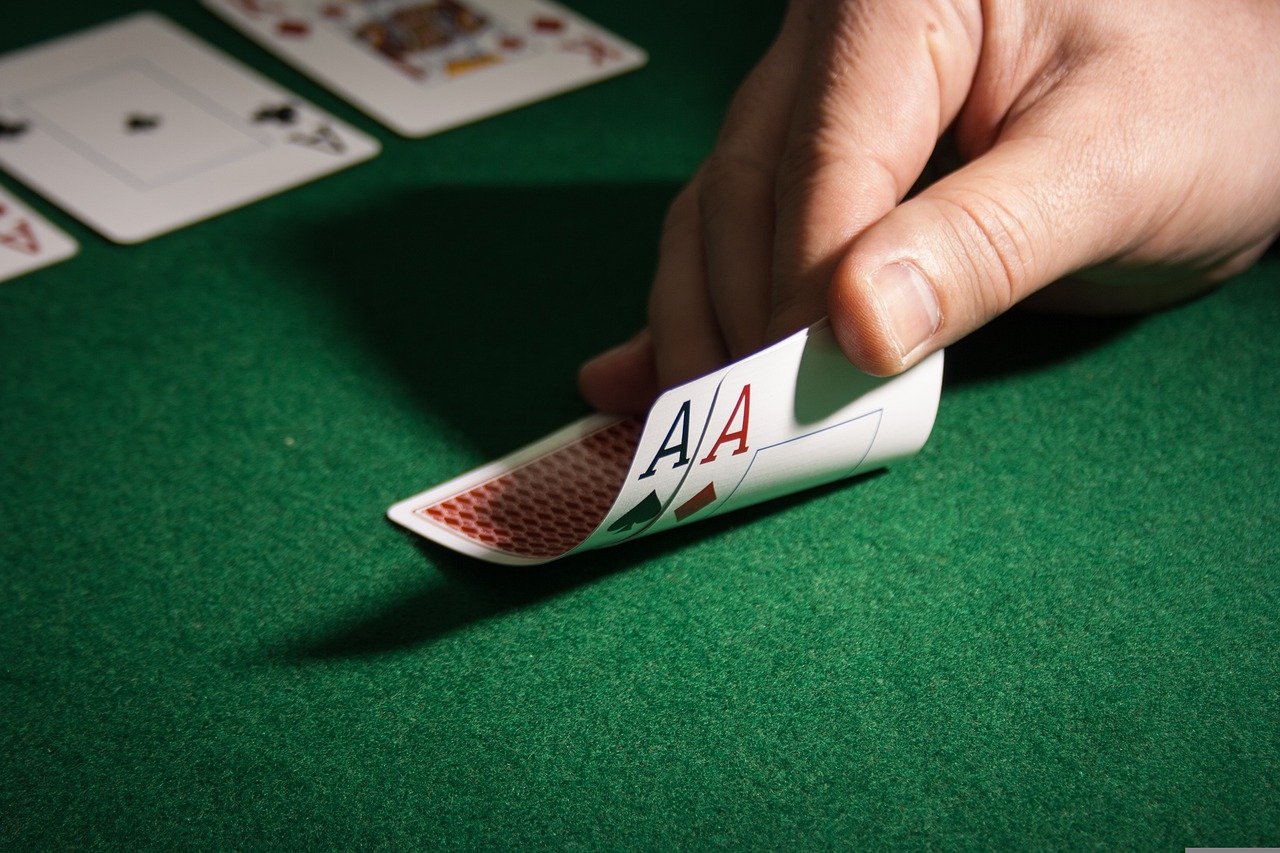In poker, there are some general “rules” that every beginner should follow. By considering these 15 rules, you will set yourself up for success and learn poker rules in a more consistent manner. In this blog post, we will go over the golden rules of poker and explain why they are so important.

1. Have a Bankroll.
This is probably the most important rule on this list. To be a successful poker player, you need to have a bankroll that can withstand the ups and downs of playing poker. Having a smaller bankroll is fine, but you must be prepared to lose it if things go south.
2. Know Your Limits.
Knowing how much you can afford to lose is important before sitting at a poker table. Once you have established a limit, stick to it! Do not try to chase your losses, or you will end up going broke.
3. Play Within Your Means.
This ties in with the previous rule. Do not sit at a table with too high stakes for your bankroll. If you do, you will put yourself in a challenging situation if you lose a few hands. Only play with money that you can afford to lose.
4. Be Selective.
There are a lot of bad poker players out there, and it can be tempting to try and take their money. However, it would be best to be selective with the players you sit with. Only play against opponents that you believe you have an edge against.
5. Manage Your Bankroll.
This is one of the most important aspects of being a successful poker player. You must carefully manage your bankroll and only risk a small percentage of it on any given hand. Doing this will ensure that you always have money to play with and will never go broke.
6. Know When to Quit.
This is a difficult rule to follow, but it is important nonetheless. Sometimes you are on a losing streak, and it can be tempting to keep playing in hopes of winning your money back. However, the best thing to do is walk away and take a break. It is better to quit while you are ahead than to try and chase your losses.
7. Play Tight.
Playing tight is one of the most important aspects of winning at poker. This means only playing the best hands and folding the rest. Aside from knowing the basic rules and how to play poker, doing this will minimize your losses and give you a better chance to win.

8. Play Aggressively.
This goes hand-in-hand with playing tight. Once you have a good hand, you must play it aggressively to maximize your profits. This means betting and raising when you have a good hand and value betting when you have a strong hand.
9. Know Your Opponents.
To be successful in poker, you need to know who you are playing against. This means paying attention to their betting patterns and how they play their hands. By doing this, you will be able to predict better what they are holding and make better decisions.
10. Put Your Opponents on a Hand.
Another important aspect of poker is being able to put your opponents on a hand. This means figuring out what range of hands they could have and how strong they are. By doing this, you will be able to make better decisions when it comes to betting and raising.
11. Don’t Play Every Hand.
Playing too many hands is one of the biggest blunders new poker players’ biggest blunders. Selective play is required, and only the strongest hands should be used to enter the pot. By doing this, you will save money and prevent yourself from making costly mistakes.
12. Know When to Fold.
One of the most difficult aspects of poker is knowing when to fold. There will be times when you have a hand that looks good, but you need to be willing to let it go if you believe that your opponents have you beat. Folding is often the smartest play, and it will save you money in the long run.

13. Know When to Bluff.
Bluffing is an important element of poker and frequently determines a player’s fate. But you must understand when to bluff and when not to. If done correctly, bluffing can be a very profitable play, but if done wrong, it can cost you a lot of money.
14. Play Your Position.
Another important aspect of poker is position. This refers to where you are sitting at the table in relation to the dealer. The closer you are to the dealer, the better, as you will see how everyone else acts before making a decision.
15. Pay Attention to the Board.
The board refers to community cards in poker. These are the cards that everyone can see and use to make their hand. You need to pay attention to the board as it will often give clues about what your opponents are holding.
Poker is a complex game that takes years to master. However, by following these simple rules and practicing regularly, you will develop consistency in your play and improve your gameplay and skills. Remember to be patient, focus on the task, and stay disciplined while playing.
Sign up with GGPoker, the world’s largest poker room, today and start practicing what you’ve learned – you might be surprised at how well you do!





